There’s a surprising number of things discovered in the 1800s that still make our lives easier in the 21st century. Whether it be with kitchenware or gardening tricks, let’s go back in time to see the clever life hacks the Victorians figured out for us.
Cooking with Cast Iron Kitchenware
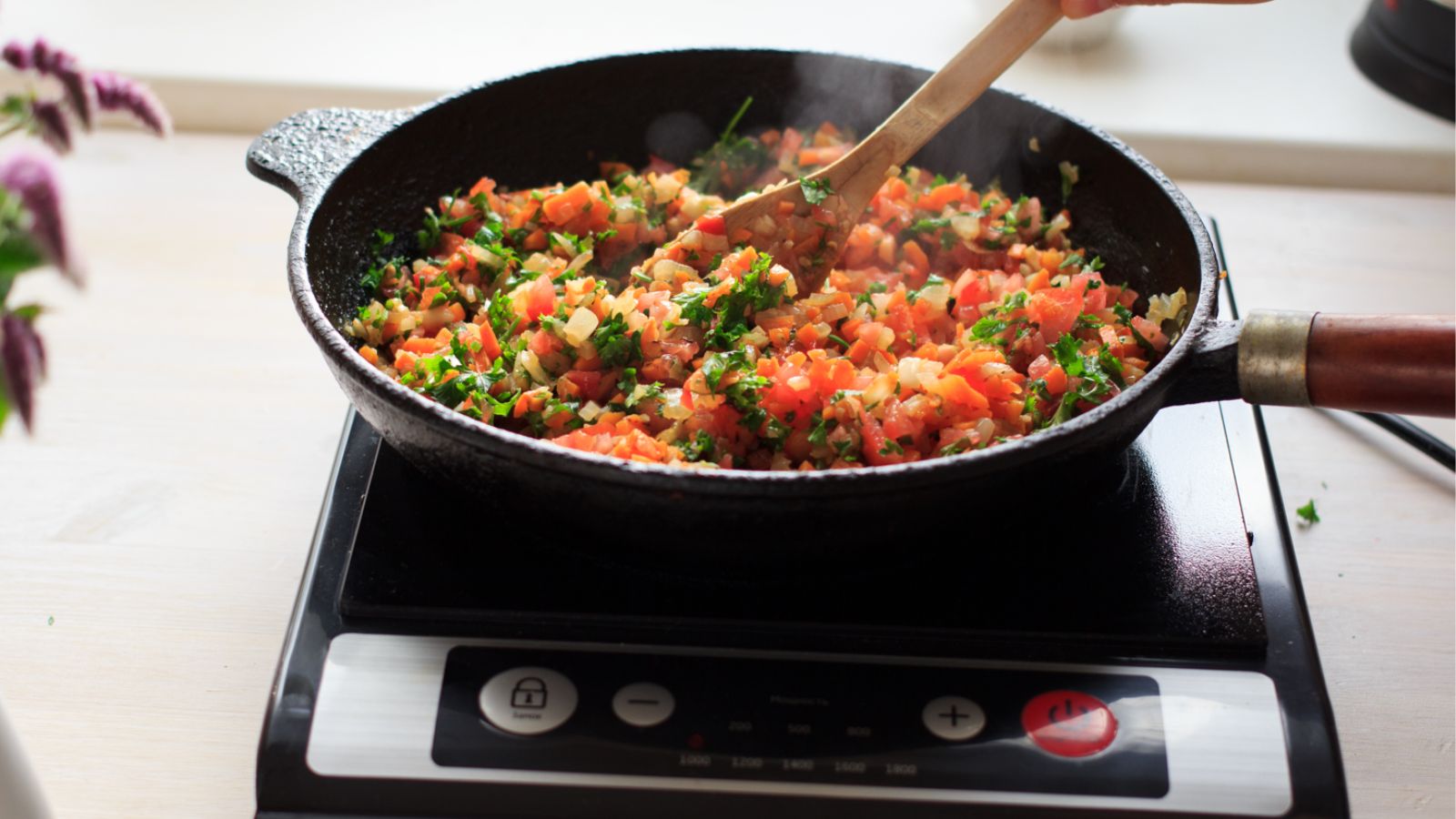
Medium reports that cast iron cookware is the best for durability and heat retention. This means that you’ll be able to cook with it more efficiently, and it’ll last a whole lot longer. Sustainability is one benefit, and the quality of your cooking is the other.
The Art of Mending
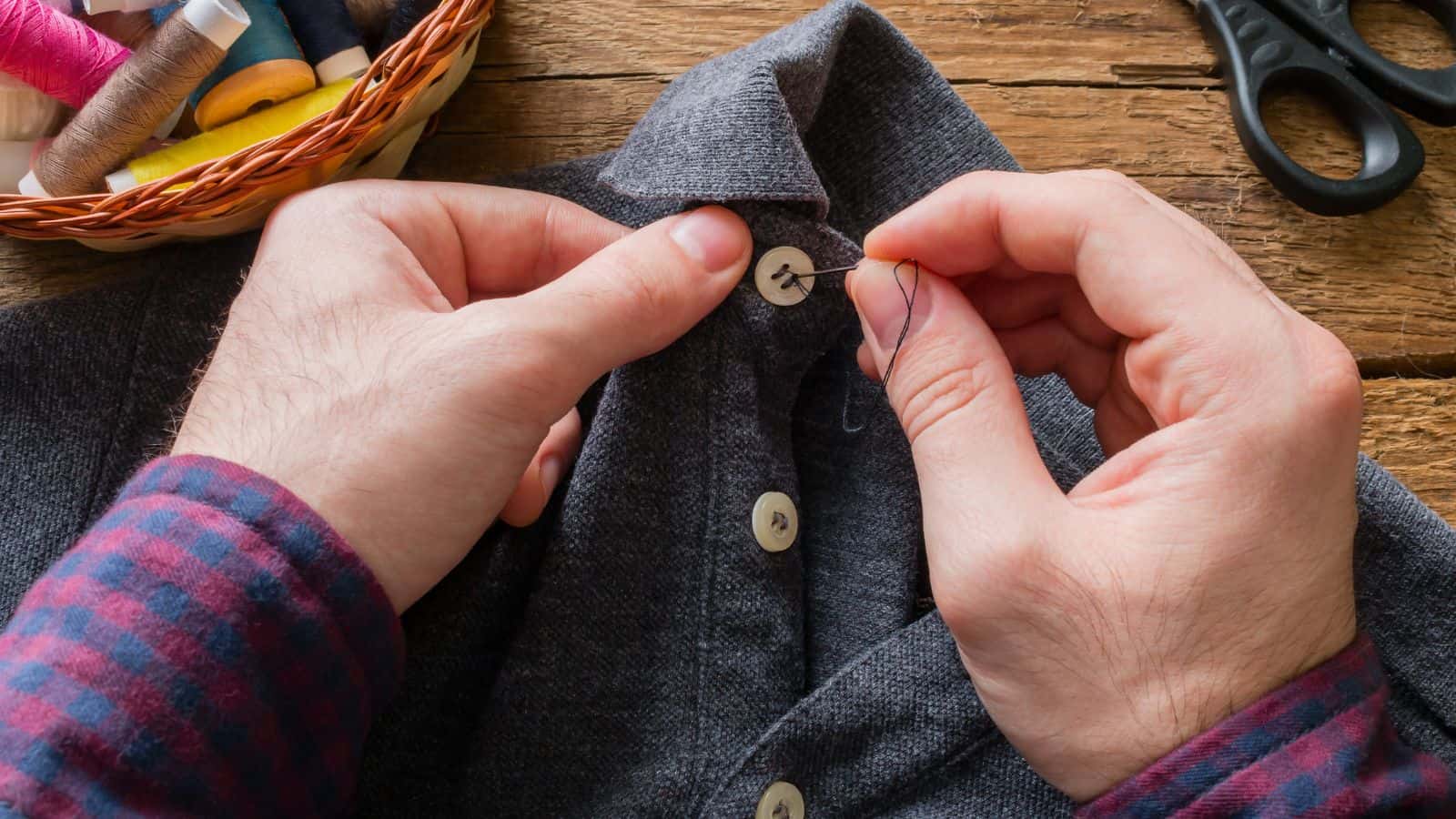
Nowadays, people are too quick to throw away something that’s slightly broken and replace it. But in the 1800s, it was much more common for people to mend their clothes, and this can and should still be done today. It’s much more economical and better for the environment.
Natural Pest Control
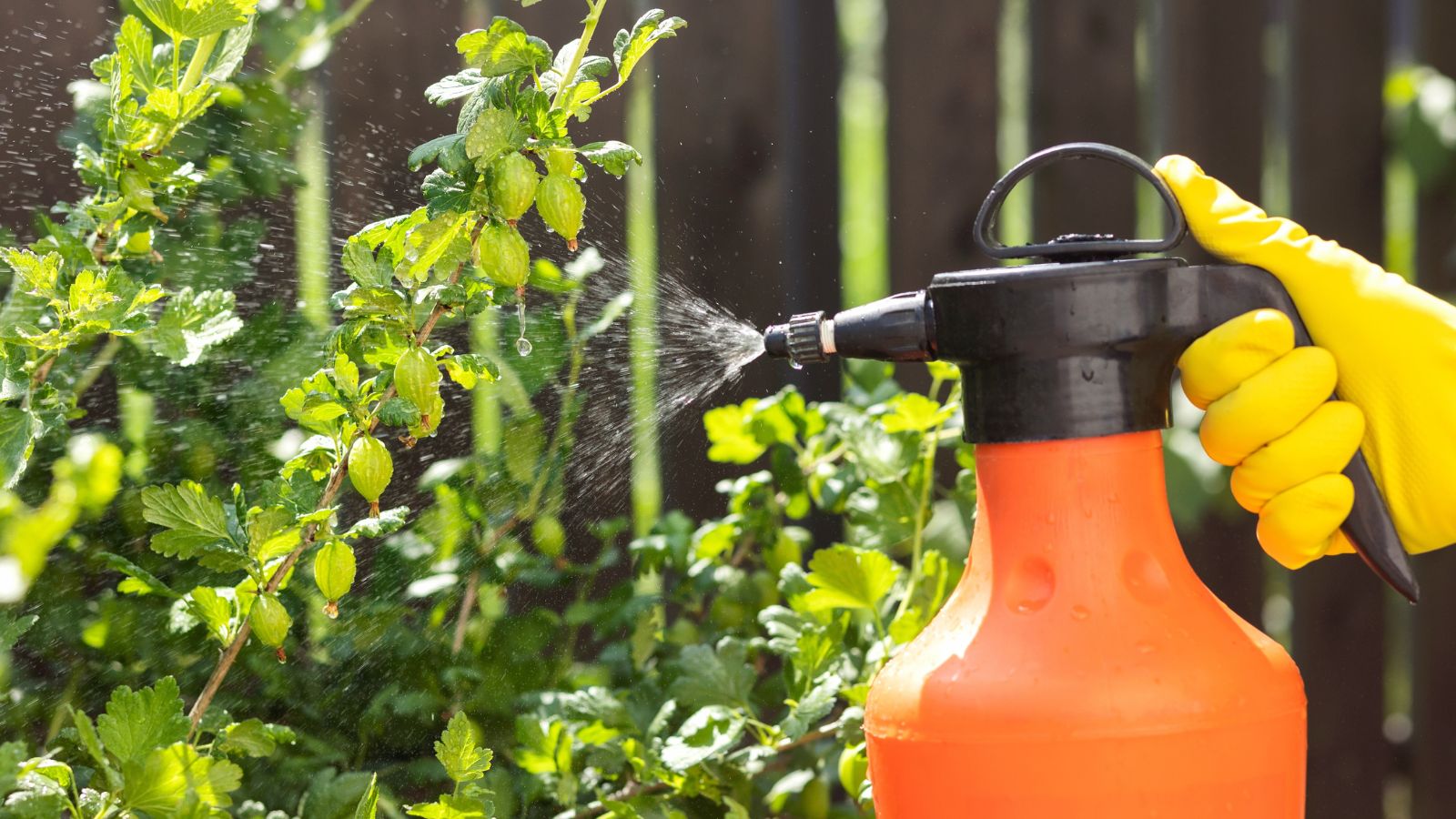
Once upon a time, marigolds were used to naturally deter garden pests, so we didn’t have to use harsh chemicals to keep them away from our food. Essential oils like lavender and peppermint are also an effective and much safer pest control option.
Preserving with Salt
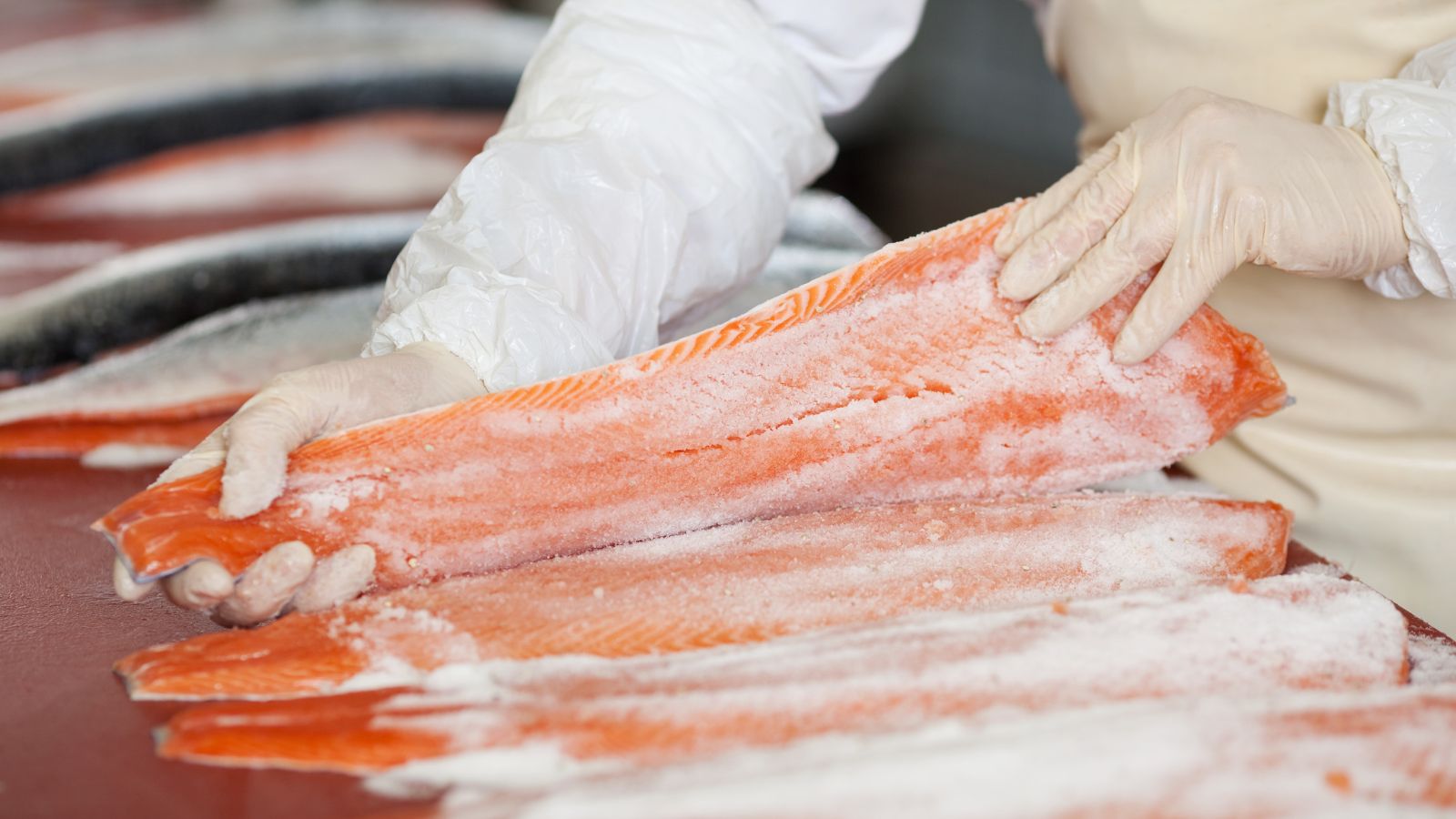
Salt has been used to prevent meat and fish from spoiling for hundreds of years, and this practice was very popular during Victorian times. However, over time, we seem to have forgotten this as a society and opted for less sustainable ways to preserve food.
The Efficiency of the Clothesline

Nowadays, many people prefer to use clothes drying machines instead of hanging their clothes up, but this is a waste of energy, especially if you live in a hot part of the world. Plus, fresh air is better for your clothes, so it’s a win win.
Charcoal for Water Purification
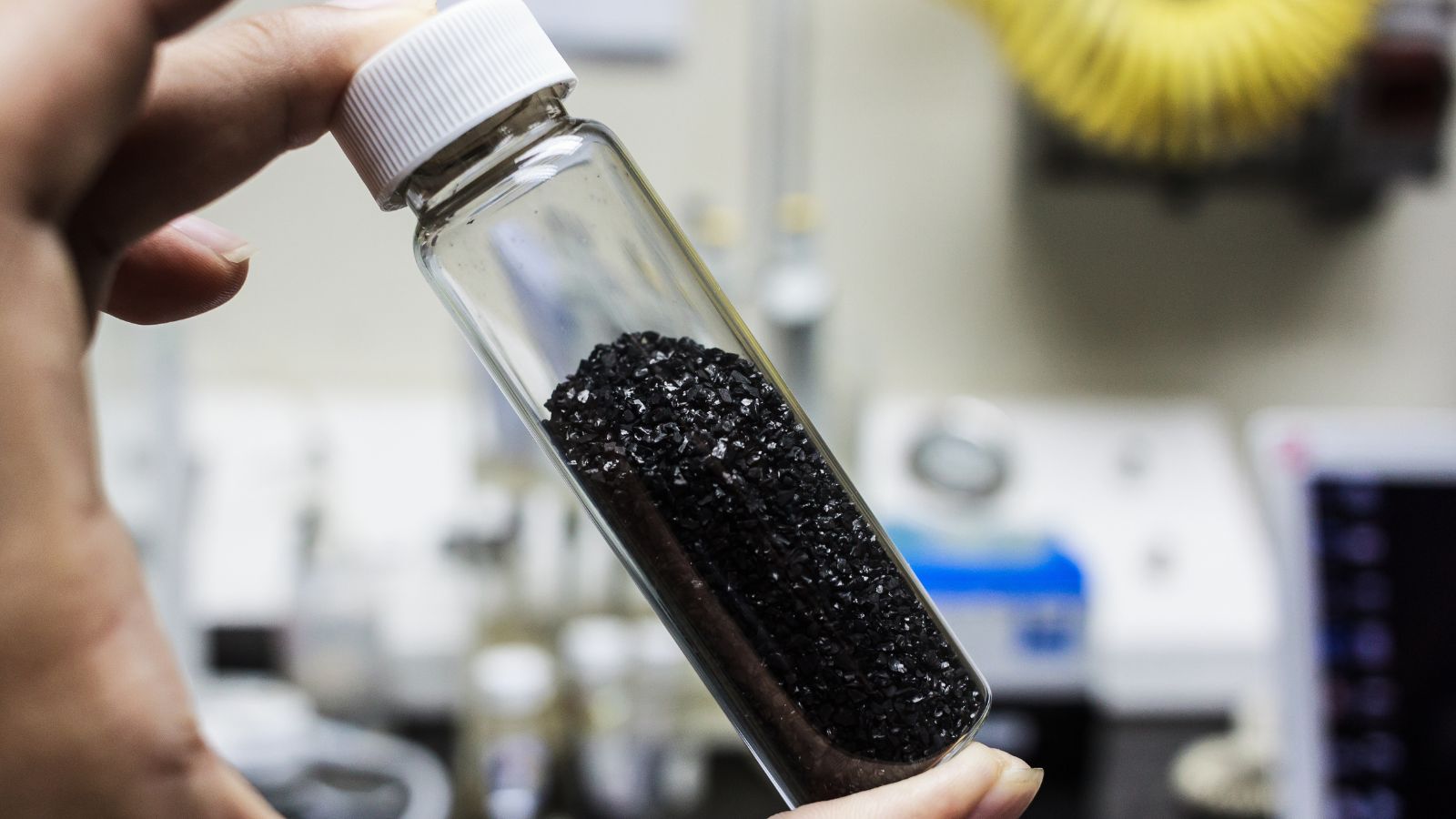
Many modern filters use activated charcoal to remove toxins and improve the taste of the water. But this is not new technology. HowStuffWorks explains that activated charcoal is one of the best ways to purify water, and it has been used since the 1800s.
Handwritten Letters
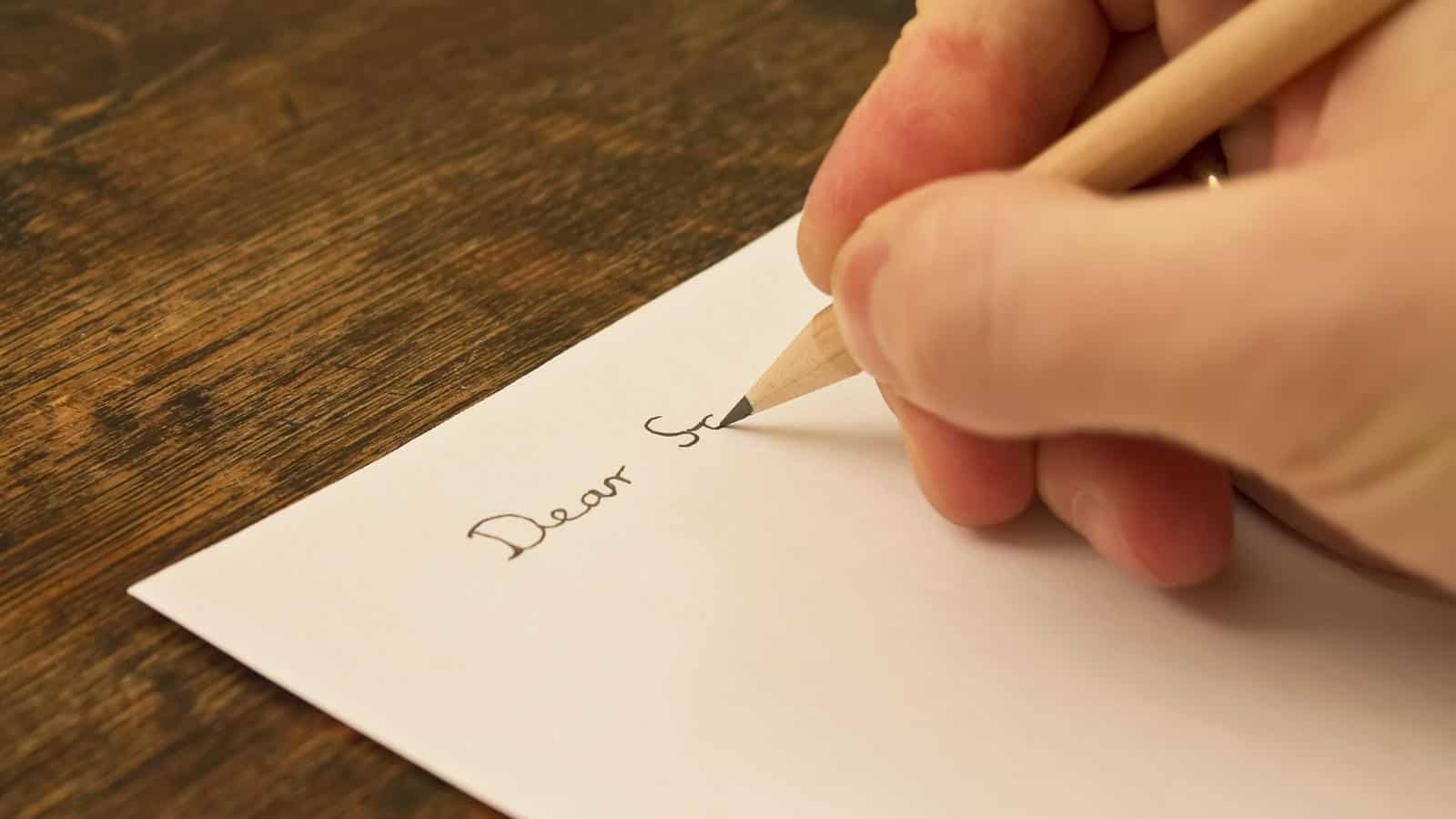
The personal touch of a written letter has disappeared over time as no one seems to write one anymore, preferring instead to send a message via social media or email. Sometimes, it’s good to bring back the connection to the past by writing a letter by hand.
Raw Potatoes for Mud Stains
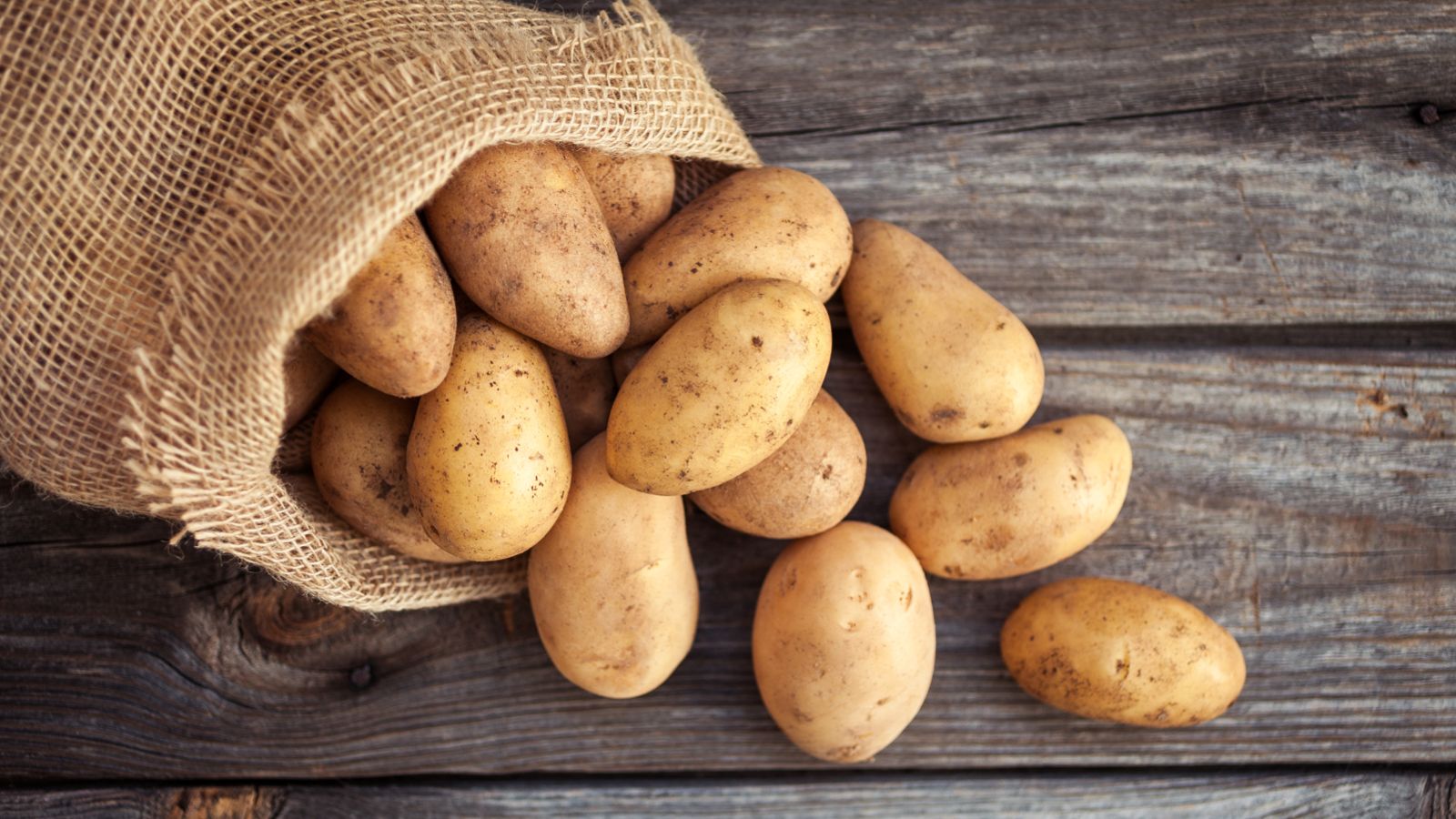
Did you know that it is possible to remove mud stains by rubbing raw and peeled potatoes onto them before washing them? This is an effective and gentle method that will be gentler on the clothes and the washing machine itself than a chemical stain remover.
Snorting Salt for Phlegm
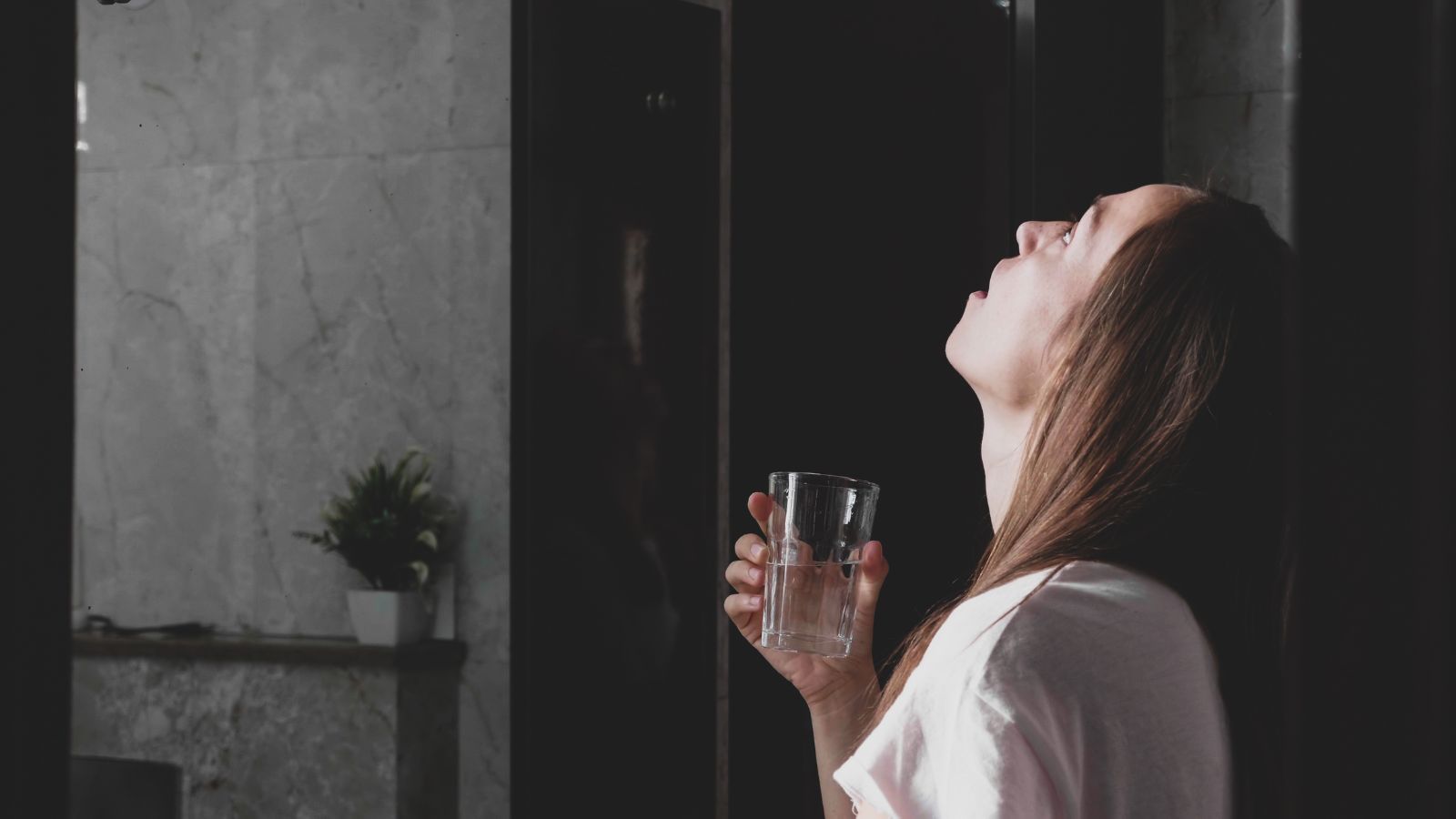
This one might sound pretty gross, but an old cure for mucus buildup was to snort salt and then gargle with warm water. The idea was that the salt would dry up the phlegm, and it was actually very effective, if not a little unpleasant.
Compressing Corks to Fit Bottles

Have you ever wondered how a cork gets into a bottle of wine, rum, or any other alcoholic beverage? The secret is to compress the cork to fit into the bottle, and people in the 1800s were well aware of that. Naturally, we still do this today!
Securing Nuts and Bolts
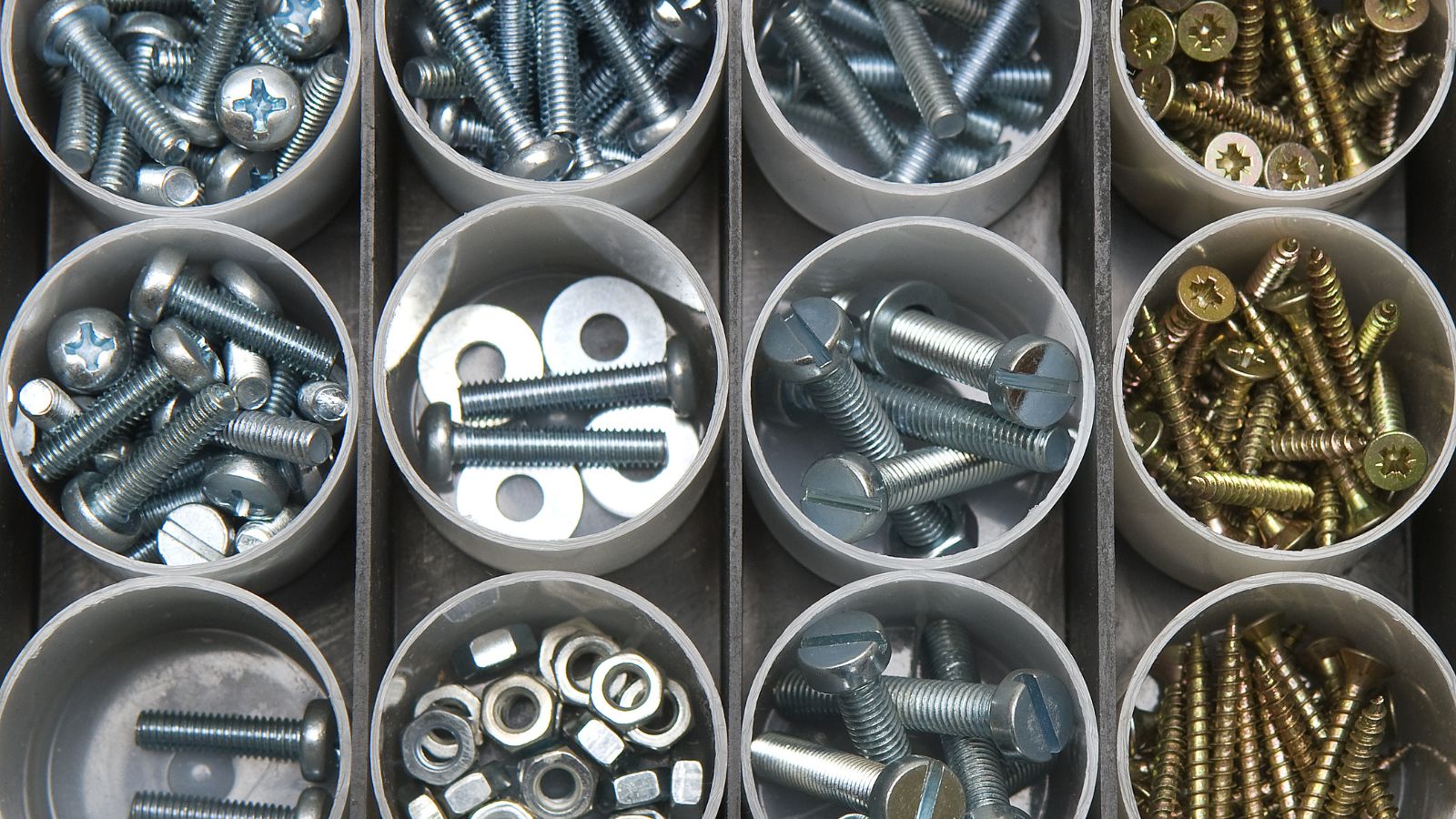
The bent pin method of inserting a pin into a hole drilled with a bolt to keep it secure dates back hundreds of years. Sure, this technique is a little niche, but it’s super useful if you ever have to use it.
Predicting Weather by Observing Clouds

BoatUS tells us that there are many ways to predict the weather, including by observing the clouds. For example, isolated and wispy clouds indicate fair weather, while crowded and dense clouds show dense weather. People have been noting this for 100s of years.
Keeping Flowers Fresh with Potatoes

We’re back to potatoes again, as these vegetables have quite a lot more uses than just mashed potatoes or fries! Believe it or not, it was discovered that inserting flower stems into raw potatoes can help them stay fresh for longer. People still do that to this day.
Whitening Lace with Magnesium Oxide
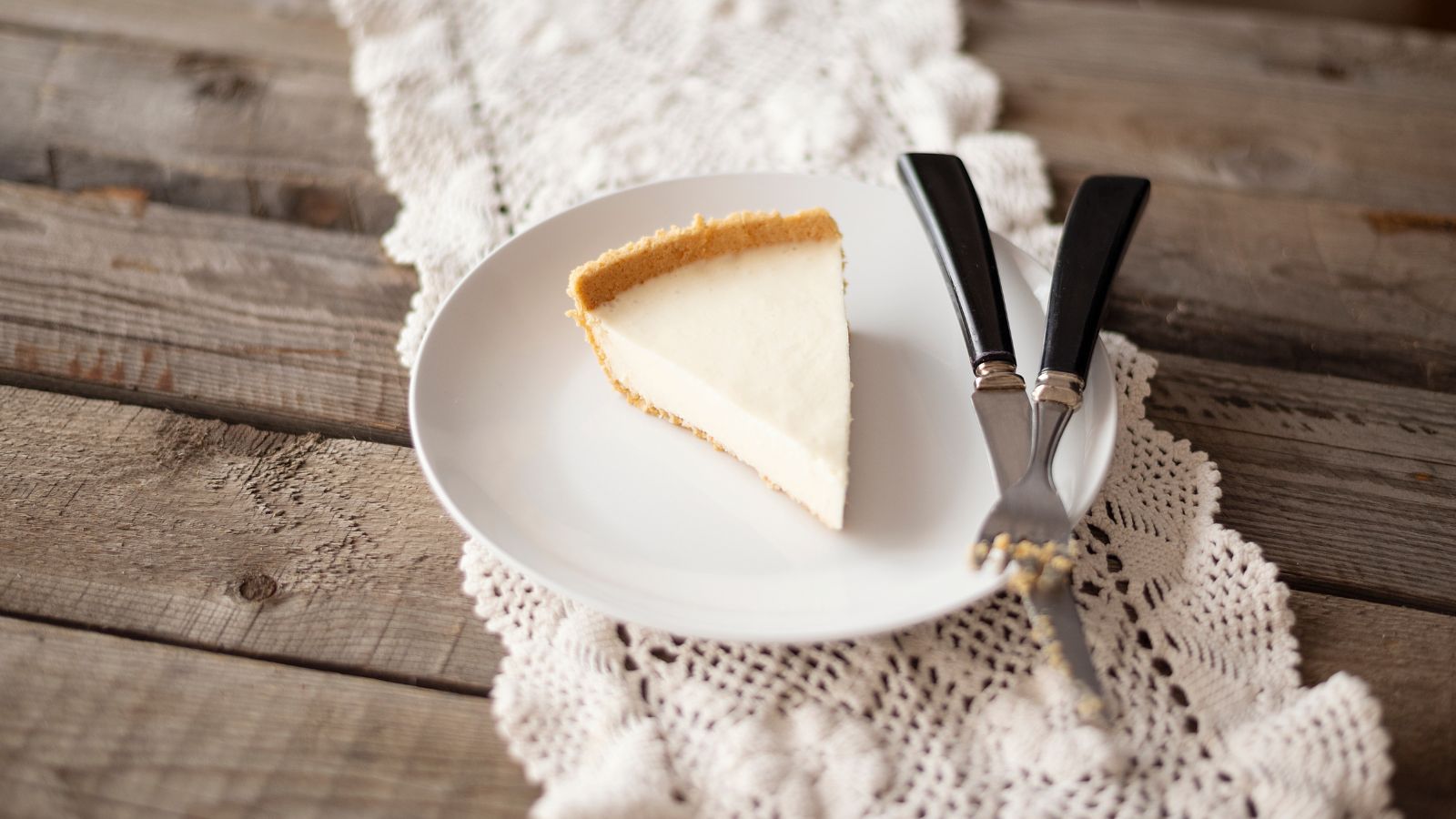
You might not find yourself having to whiten lace often, but if you ever do, magnesium oxide might be your best bet. This technique has been used since the 1800s, and it’s still recognized as the best practice.
Removing Tree Stumps with Rock Salt
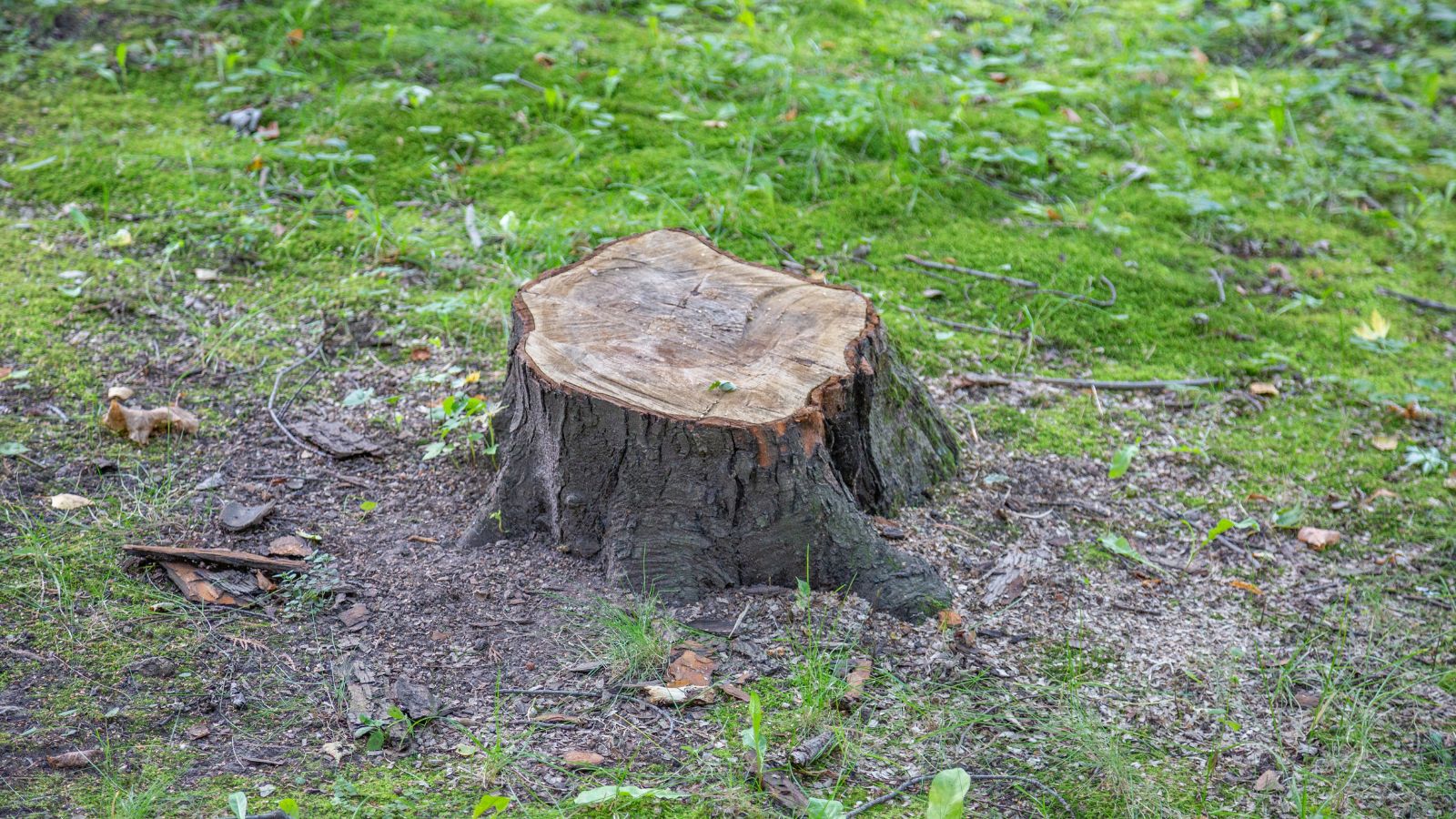
Have you ever cut down a tree and found yourself left with an awkward stump that you just don’t know how to get rid of? Salt is your best bet for that! Drill a hole into the stump and fill it with salt, and the stump will die and rot in no time.
Cleaning Bottles with Sand
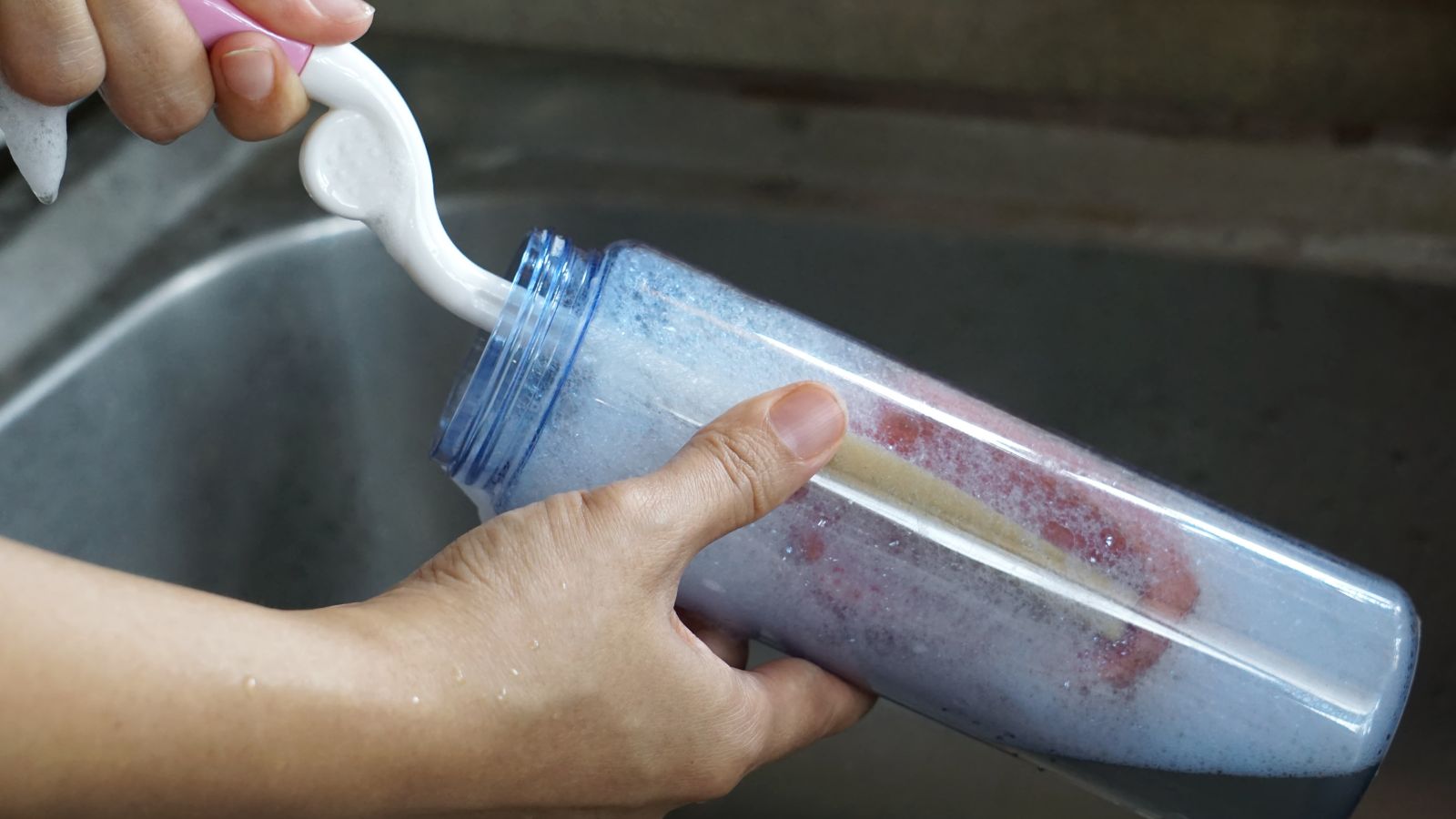
Bottles are notoriously hard to clean because of their shape, but people have been using sand to solve this problem since the 1800s and before. It’s a simple and reusable cleaning hack that could prove to be a game changer.
Keeping Cistern Water Clean with Alum Powder
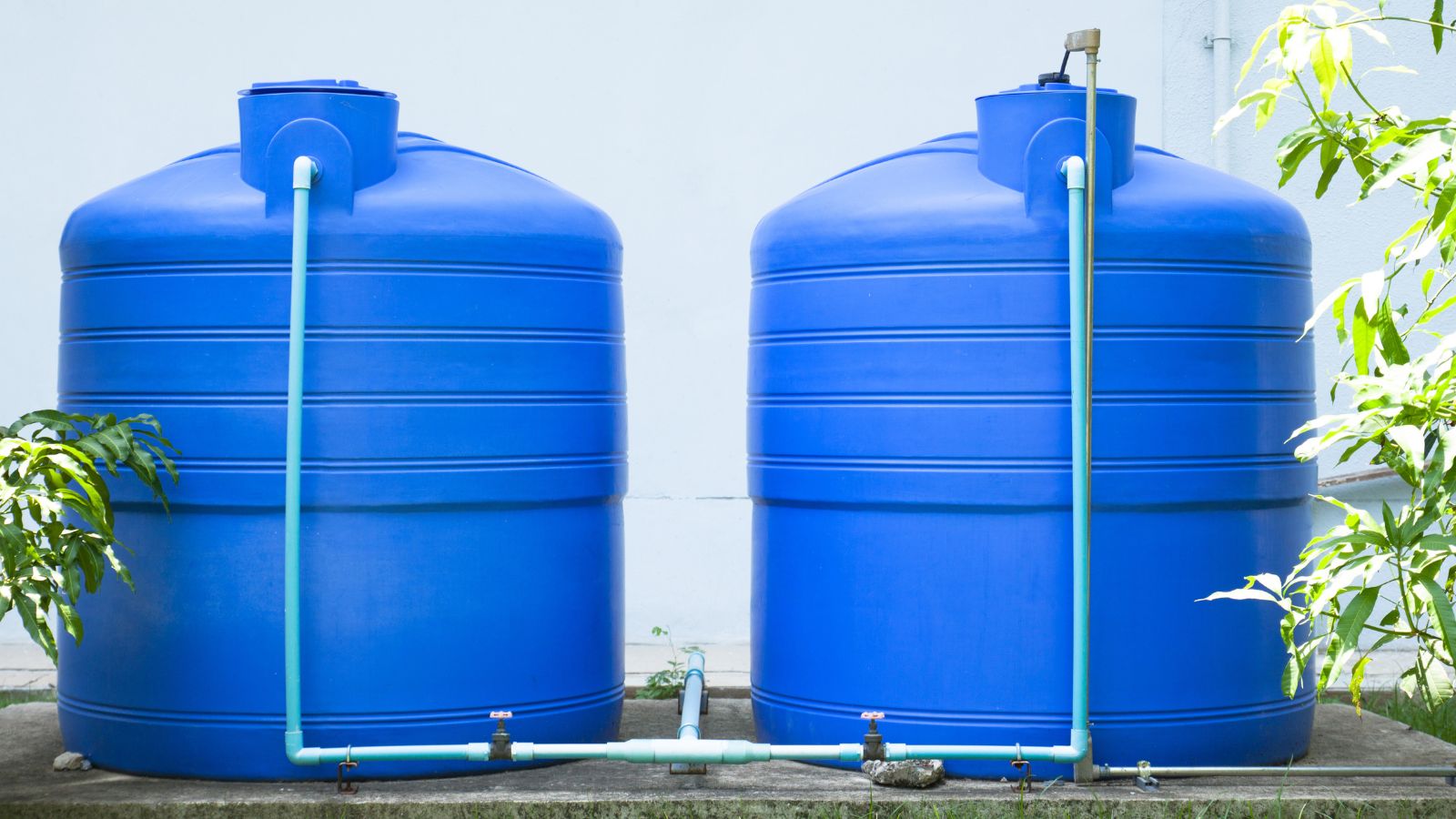
A guide from Instructables shows us that, like with charcoal, it’s possible to keep water clean by using alum powder. But this is nothing new to human civilization. It was discovered during Victorian times, and it’s been allowing us to keep water clean for cheap ever since.
Regrowing Vegetables from Scraps
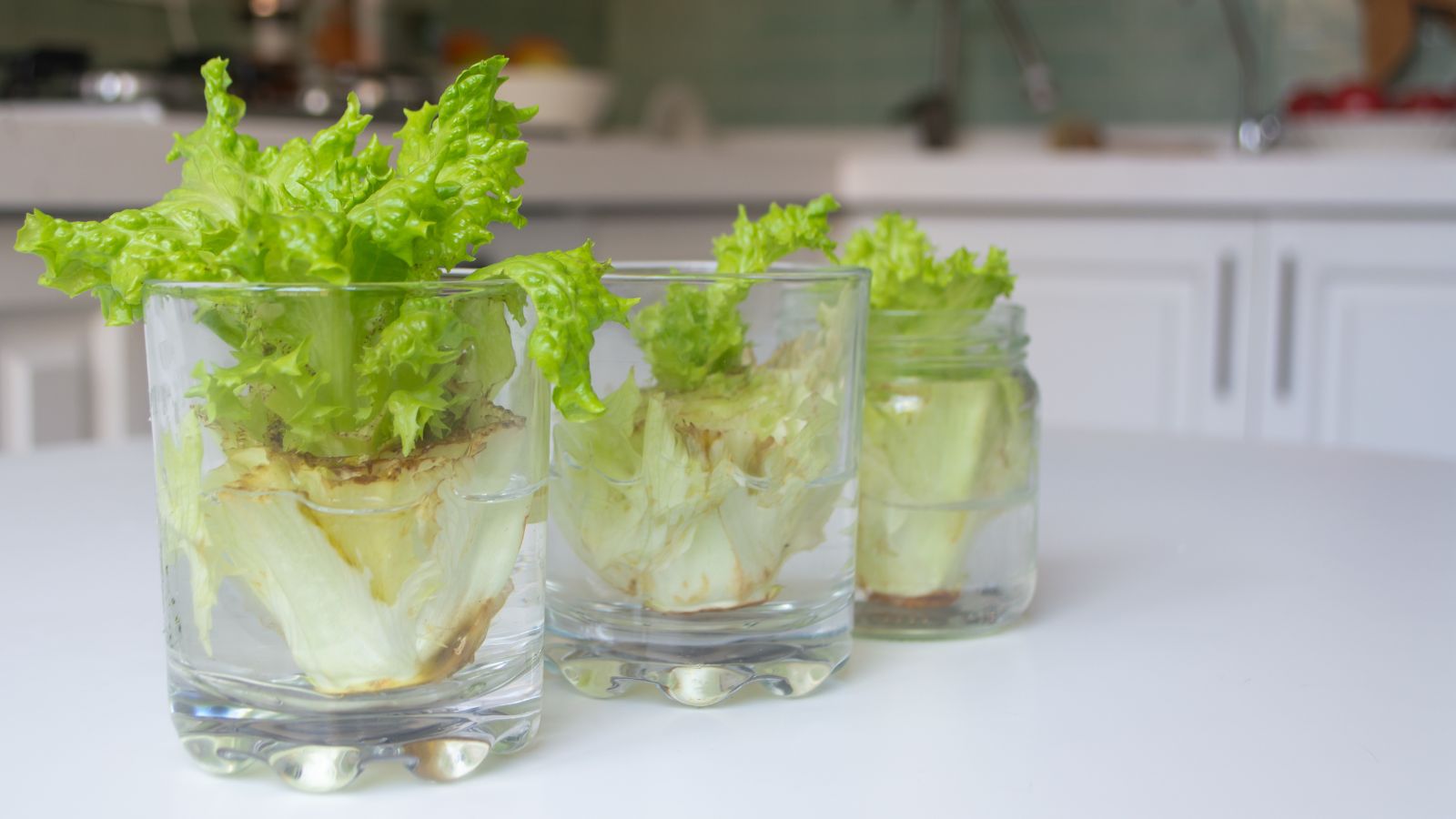
There’s no need to head out to the supermarket to buy new vegetables every time you want to make dinner. Just plant the scraps and grow them into new vegetables over and over again, and you’ll never have to spend a penny. The Victorians knew it, and we can do it too.
Preventing Egg Cracking with Vinegar
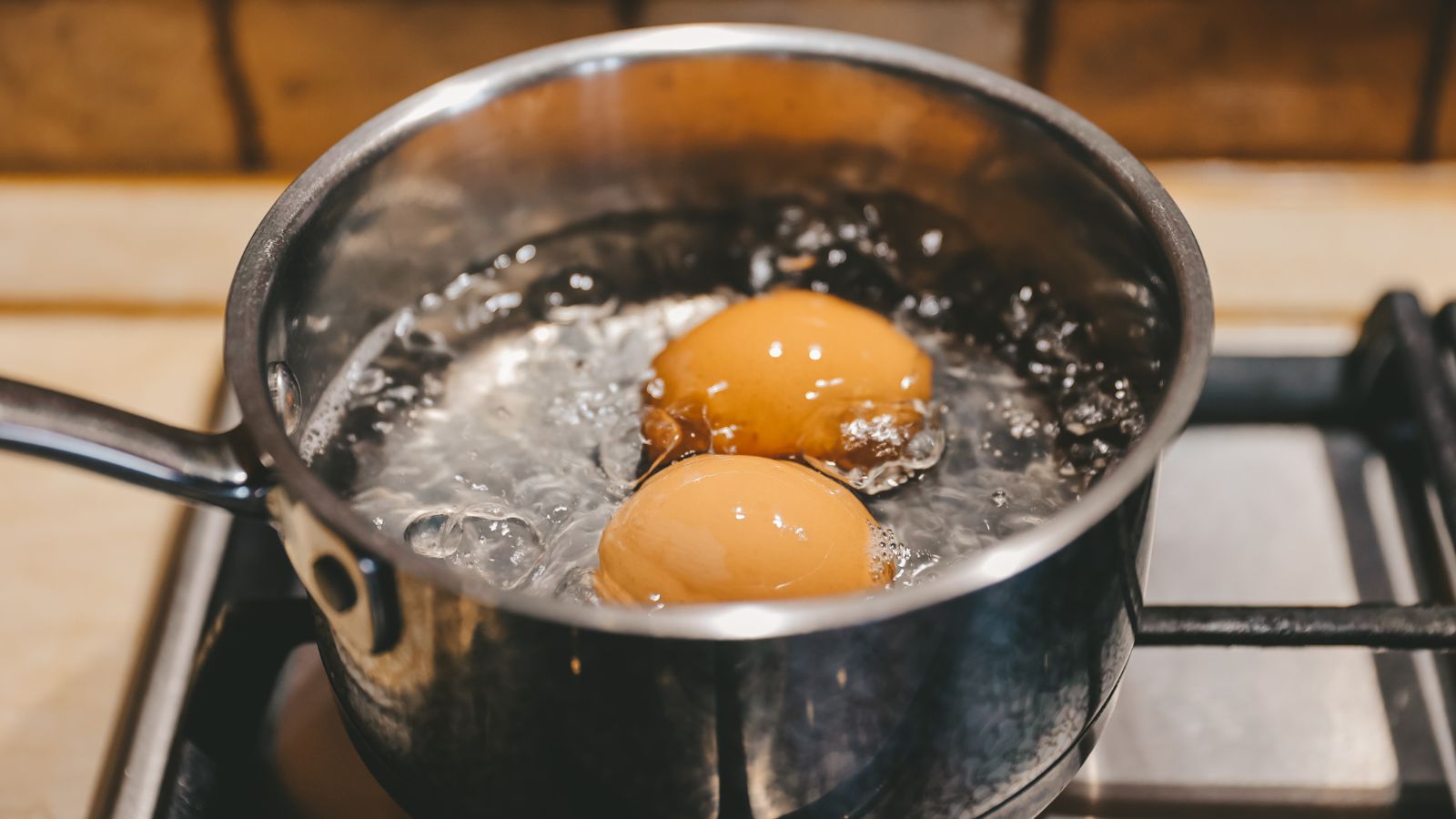
When you’re boiling an egg, the most annoying thing that happens is for it to crack. But did you know that if you coat the egg in vinegar, it will prevent this from happening while not affecting the quality of the egg? Try it for yourself, 1800s style!
Up Next: 20 Personal Things You Should Never Share With Others

Building meaningful connections with others requires a certain level of transparency and trust, but that doesn’t mean you have to tell your friends and family members everything! Some aspects of our lives are too personal, incriminating, or risky to share. This article explores 20 aspects of your personal life that you should always keep confidential.
20 Personal Things You Should Never Share With Others
18 Things Everyone Forgets to Include in Their Will—But Shouldn’t

Wills and estate plans are essential ways to ensure what will happen to your belongings and property when you die or are incapacitated. However, people often forget to include important information in their wills before it’s too late, complicating matters for their descendants. Here are the 18 common things people forget to include in their will.
18 Things Everyone Forgets to Include in Their Will—But Shouldn’t
18 Items at Walmart that Aren’t Worth Your Hard-Earned Money

For many of us, Walmart is the go-to superstore. Whether we need groceries, clothing, or technology, Walmart is a one-stop shop for everything you would need. However, there are some Walmart products you should avoid at all costs, such as the following 18 examples.
18 ITEMS AT WALMART THAT AREN’T WORTH YOUR HARD-EARNED MONEY
